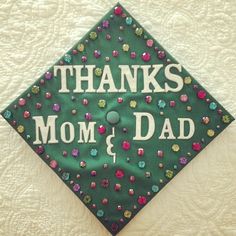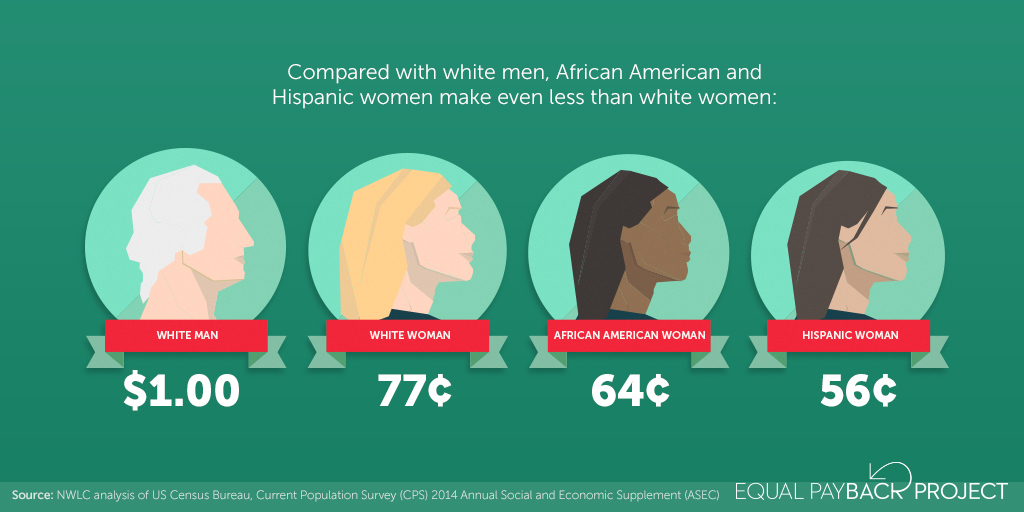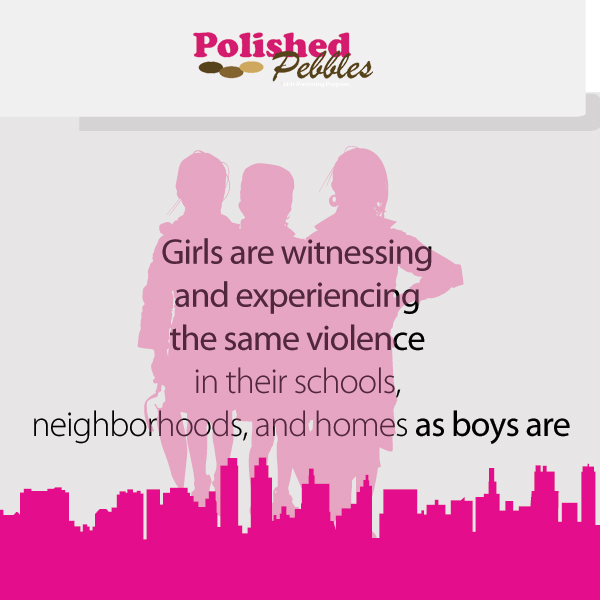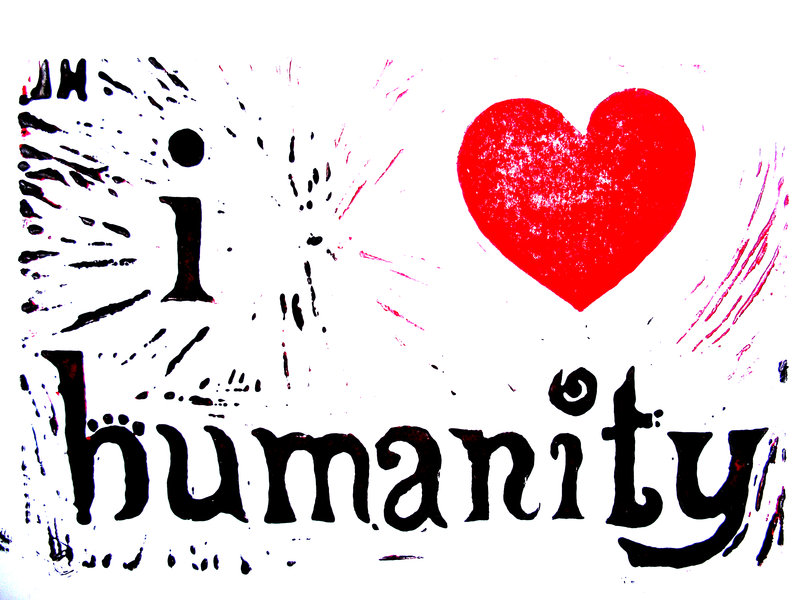#WhatSheNeeds will provide insights into the experiences of black women in college. From the freshman transition to the affects of social media, these women have a lot to say! Black women are out enrolling every other group in college, but not experiencing the same high levels of success 4 years later in their careers. Through #WhatSheNeeds, we hope to learn a little more about what she needs to succeed–what did their institutions have and what were they lacking?
#WhatSheNeeds asked our college women about mentors in college. We found that these women drew inspiration from friends, professors, sorority sisters, and even all the other women on campus. Similar to what Polished Pebbles has said about the importance of mentorship, these girls found that their mentors helped prepare them for college life and post-graduate life. Their mentors prepared them to be successful women!
Two women summed up why mentors are necessary for a successful college experience:
“College was just like a whole new experience for me. So I had questions.” –Terri Floyd
“I know for me personally, I’m more of a hands on person. So sometimes I need help or guidance outside of the classroom. I need tutors, mentors, or just students; the student body working together to thrive outside the classroom.” –Courtny Neal
And these women found people on their campus to not only answer those questions, but to guide them on their life paths.
A few had professors they could turn towards:
“Even now, I still talk to my biology professors. They helped me try and figure out my next step for graduate school and courses. That was a great impact! Specifically, there is Dr. Cynthia Burroughs in the biology department at Philander Smith College. Just by talking to her she opened my eyes to how a psychology degree can still involve science and research; so I explored that route. She taught me to feel confident in myself. Just because I’m an African American woman, I don’t have to back down from any challenge.” –Terri Floyd
“My advisor is supposed to be the one I go to, but I find myself going to my nursing professors because I know them so much more.” –Jasmine Hosley
“I bonded so much with a professor from my health biology class. We talk all the time and she is definitely one of my big mentors that will follow me for the rest of my life. She is in the field I want to be in and gives me advice.” –Sydney Tyler
Mentors don’t have to be professors, or even people who are older than you. Just ask these women:
“There was a girl who was a Community Assistant in my dorm, she was also from Chicago. And we just clicked hanging out in the library. So whenever I had a problem socially, academically, or emotionally she was there to guide me.” –Courtny Neal
“I met this girl in my dorm who was older and she became my mentor. I brought in the Little Rock side, where I’m from, and she gave me some California. She just answered any questions that I had in regards to classes. She let me know which professors I should connect with to help me along the route I wanted to go.” –Terri Floyd
“Within my sorority, I was able to go to my sisters for support. They’re a big motivation and support for me.” –Jasmine Hosley
Brittany Colvin had the help of a program at her college:
“I was a part of Spellman Women Empowered Through Professional Training. You sit through workshops and seminars to help us become more competent, confident, and credible when we are in the work environment after graduation. We had to come to every meeting in full business attire for a corporate setting.”
So, what did we learn from these college women this week? No matter the age, status, or type of mentor, they are essential to helping women in college be successful!





 #WhatSheNeeds continues with our first topic…Parental Support! For all of our interviewees, parents have been incredible supports during the college experience. But sometimes, things got a little sticky. Parents always wants what is best for their children, but sometimes this causes tension for college students. As summer is quickly passing, all you parents are getting ready to send your daughters off to college–some for the first time! We want you to know how to best support your daughters in their academic career! Here is some advice from our lovely college women…
#WhatSheNeeds continues with our first topic…Parental Support! For all of our interviewees, parents have been incredible supports during the college experience. But sometimes, things got a little sticky. Parents always wants what is best for their children, but sometimes this causes tension for college students. As summer is quickly passing, all you parents are getting ready to send your daughters off to college–some for the first time! We want you to know how to best support your daughters in their academic career! Here is some advice from our lovely college women…




 of race, gender, and systemic oppressions. While her story has shed light on modern day racism, it is important that we look beyond Dolezal, beyond this media frenzy.
of race, gender, and systemic oppressions. While her story has shed light on modern day racism, it is important that we look beyond Dolezal, beyond this media frenzy.
 responses, L’Oreal shares the definition of philanthropy as “love of humanity”. To close our April theme of Philanthropy and Giving, I want to delve into this definition. When we think about donating money, time, and resources, what does love got to do with it?
responses, L’Oreal shares the definition of philanthropy as “love of humanity”. To close our April theme of Philanthropy and Giving, I want to delve into this definition. When we think about donating money, time, and resources, what does love got to do with it?